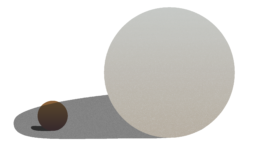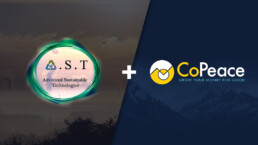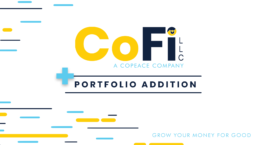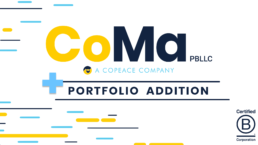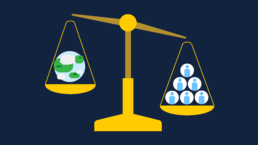
“Aappovaa Annam Shariram Annadam”
This Sanskrit verse implies that water (Aappovaa) is the basis for food, and the human body (shariram) is composed (survived) of food (annadam). Hence, it is utmost essential to save water.
August is National Water Quality Month. This reminds us to think of how valuable the water resources are like oceans, lakes, and rivers to preserve, which provide clean and safe water to us. Safe, clean, potable water should be a right for everyone, but it’s becoming a privilege nowadays. Many countries around the world are grappling with the issue of providing clean water.
In under-developed countries or developing countries, getting drinkable water to everyone is becoming more of a challenge to poor and lower-income families.
As a developing country, India is on the brink of a water crisis. Poor management of water resources and water pollution are the main reasons for this crisis. Many rivers flow throughout the country. So, they are the main sources for drinking water and household chores. But they are polluted regularly. The situation gets worse when people wash their clothes and bathe in river water.
On my last trip to India, I saw how lower-income groups of people have to struggle to get clean drinking water. People living in rural areas have to walk miles every day to get a few gallons of potable water for their families. Additionally, the majority of the population in India does not get access to clean tap water. During the monsoon months, most people who have access to clean tap water, will still boil the water before drinking.
Most of the middle-income and upper-income families use their own reverse-osmosis filters to treat tap water when it is available, but in most cities, it is supplied for just a few hours each day. Corporations supply drinking water in trucks to lower-income families who boil it to make it fit to drink.
This is not just India; access to clean water does not exist in many communities throughout the world. Unfortunately, having high quality, unpolluted water is continuously taken for granted, especially by developed countries. In the US, we use water for everything from drinking to recreation without thinking twice about it, but what most Americans don’t realize is, not all water is created equal, and having immediate access to clean water is a privilege, not a right.
How do we prevent harming the water quality?
It is important to only flush the three Ps (pee, poop and [toilet]paper). Flushing other items could contaminate the wastewater system, causing downstream water quality issues, or it could create major plumbing issues, including broken pipes.
Here are a few things we can do to prevent water pollution:
-
- Make sure to dispose of any paint, pesticides, cleaners, chemicals, and other items at your local hazardous waste site.
- Some landscaping pesticides and fertilizers are harmful to the water supply. When choosing your landscaping products, it is important to choose phosphorus-free products. It is also important not to overwater your lawn, since that can cause runoff of fertilizers and pesticides into the water supply.
- Clean any oil leaks or spills with either kitty litter or baking soda, then dispose of that in the trash.
- Dispose of pet waste as soon as possible.
- Keep your gutters and sidewalks clean, so debris does not get washed into the storm drain.
- Sweep paved areas around your house, rather than hosing them down.
You never know the worth of water until the well runs dry, so Conserve water, Conserve life.
Aarti Karnik is the Director of Web Development with CoPeace. As a forward-thinking holding company, CoPeace is building a portfolio of carefully selected for-profit companies with measurable social and environmental impact. To learn more about impact investing, check out CoPeace’s Intro to Impact Investing.
Related Blogs
Why This, Why Us, Why Now
July 27, 2020
Jed Emerson to Serve as Senior Strategic Advisor
January 30, 2019
A Commitment to the Oneness
May 19, 2020
CoPeace Adds CFO and SRI Experience to the Team
October 13, 2018
Diversify, Diversify, Diversify – Dracarys
June 19, 2019
Never Thought You Could Afford To Invest? Read This.
June 22, 2020
